My body, my choice: Pro-choice activists attend rally protesting Texas abortion bill
Thousands of Texans travelled to the Capitol building Saturday after new restrictive measures were placed on abortion last month.
October 10, 2021
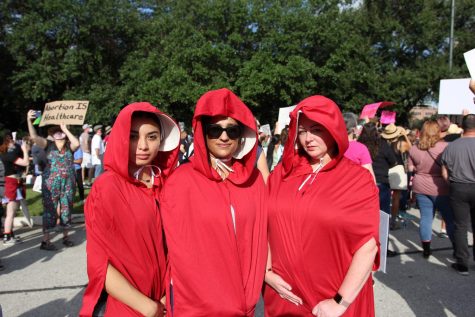
Under the sweltering Texas sun, bedazzled pink signs reach up high above the crowd, fists are thrown into the air, and voices chanting in unison can be heard throughout all of downtown. Handmaids in scarlet cloaks and white bonnets, drag queens in sequined capes and children carrying bloody coat hangers stand side by side.
People from all corners of Texas gathered at the Capitol building on Oct. 2 to resurrect the Women’s March in protest of the restrictive abortion bill (SB-8) passed in September. Through music, speeches and chanting, protesters rallied together against SB-8.
“I’m here today because it’s not right what they’re trying to do to us,” Holly Rodriguez, 19, said. “[Abbott] should not be able to make laws about my body, or anyone’s body.”
The rally, organized by figureheads of the Texas political sphere, was opened by a group of Girl Scouts, and the national anthem was led by a local youth orchestra. Other young activists spoke on the main stage and populated the crowds, raising up handcrafted signs.
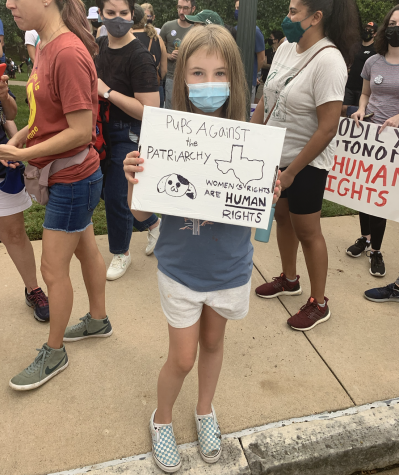
”I think it’s stupid that men are trying to control women’s bodies,” Lillian, 10, said. “And most of the time they don’t even know them, how can they have a say in what people they don’t know do with their bodies?”
One of the more contentious points of SB-8 is the criminalization of those who aid people who pursue an abortion after six weeks, the new legal limit. Gynecologists who spoke at the march on behalf of doctors emphasized that they would risk legal trouble to provide safe abortions for their patients.
“I’m a nurse,” Katie Eller, 24, said. “I believe that making abortions illegal is making lots of people get [unsafe] abortions that are causing a lot more harm than good.”
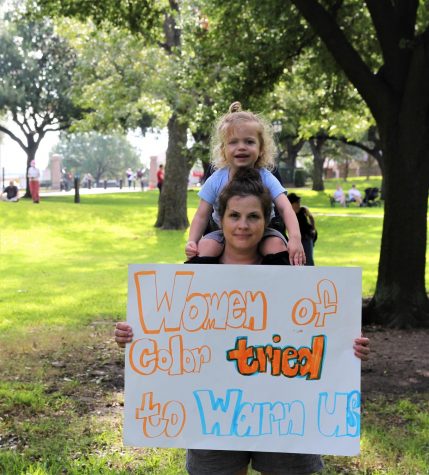
The rally was a multi-generational event. Daughters, mothers and grandmothers attended together.
“This is my first Women’s March but my mom is extremely feminist and she’s done a really good job of making sure that I’m exposed to stuff like this,” Kate, 16, said. “It’s horrendous what’s happening with the government [and] with Abbott.”
Many of the older marchers brought with them signs and memorabilia from the Roe V. Wade age of abortion protests. For them, there was a common desire to leave that era of restrictions on women’s bodies in the past.
“I’m surprised that I’m here,” Stacey McDougall, 52, said. “My mother marched for this years ago, and I’m here because I want my children to have the choices we had growing up.”
Of the groups in attendance, a large portion were from the LGBT community. Transgender activists, in particular, showed up to protest SB-8’s effect on the trans community.
“[I’m] here to support everyone’s right to safe abortion,” Elliot, 21, said. “I don’t identify as a woman, but I’m here to support the right to health care, and the right to do what you want with your own body.”
Since the protest, SB-8 has gone to federal court and has been temporarily blocked by a judge. Moving forward, protests and demonstrations will continue until change is brought to Texas.
“I’m here today because I am a woman,” Isabella Alexander, 20, said. “I owe it to myself and everyone else around me to be here, and for those that can’t be here as well.”


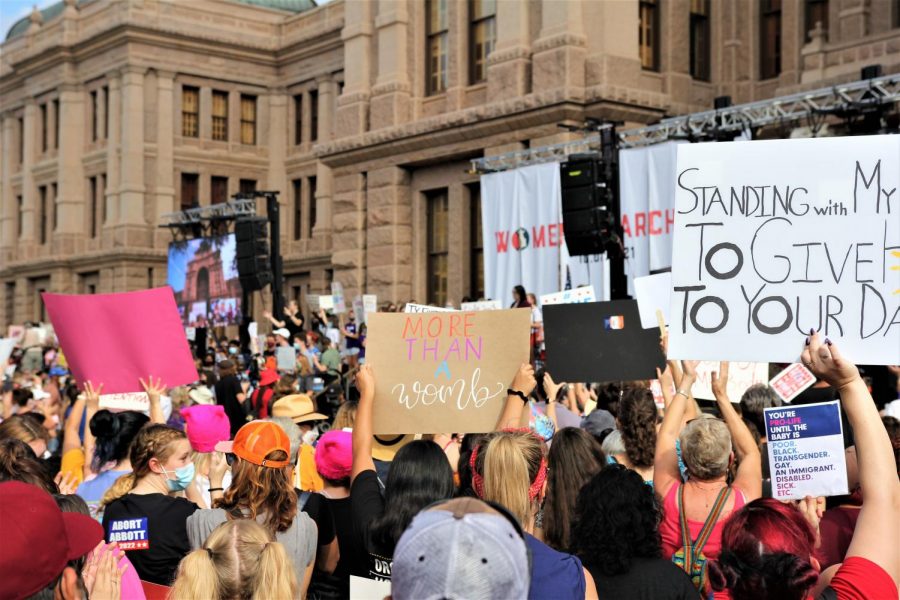

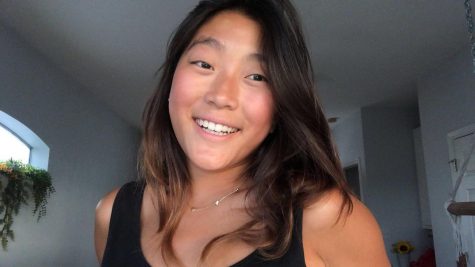
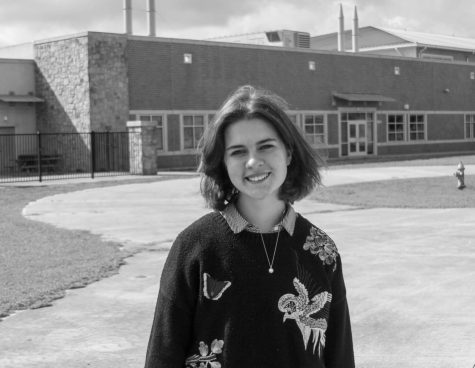
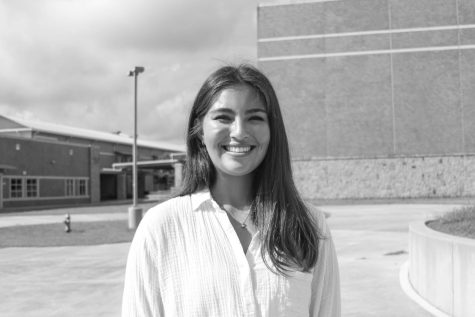
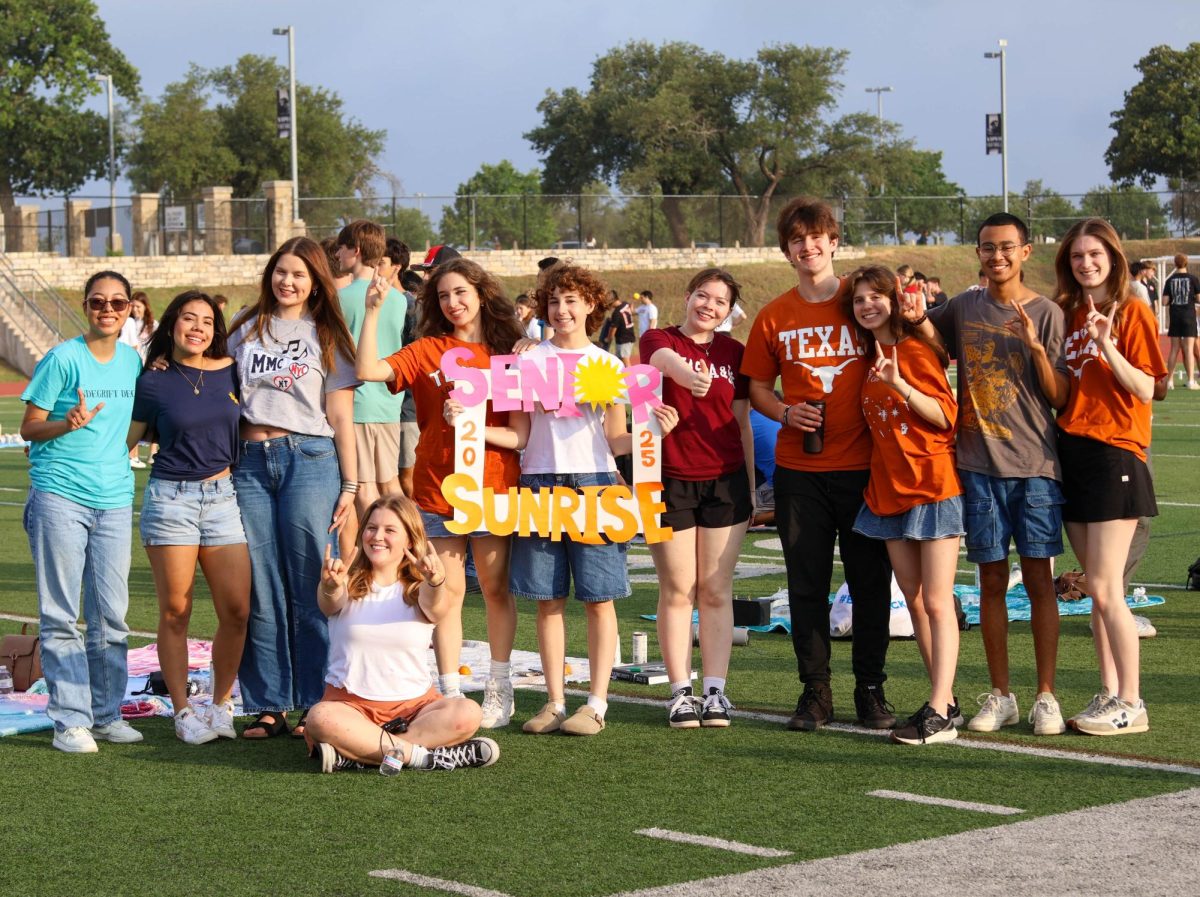



Yness Martinez • Oct 17, 2021 at 10:19 pm
Amazing work guys!!